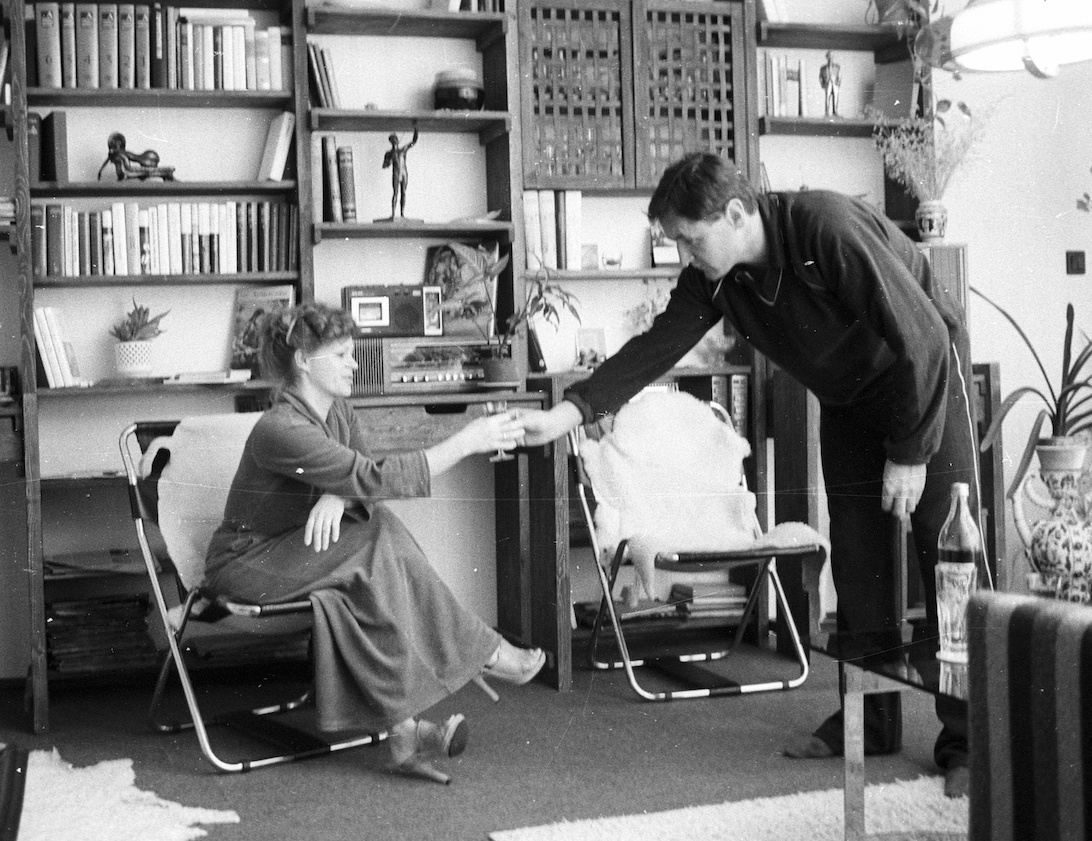
In a democracy, an election is our joint decision about how to live together. The elected government implements this decision, and when it acts there is a genuine sense in which its actions are ours, the people’s. Or at least that is what I believe. If it is not true, if elections are like auctions in which the majority is the highest bidder, then it is unclear what can legitimate the elected government’s rule over those who did not vote for it. We could here get into familiar debates about theories of political obligation (e.g. do those opposed to the government ‘tacitly consent’ to be ruled, on condition that in five years’ time they will get another chance of success at the polls?). But instead I want to dwell on what follows from the joint action conception of democracy.
If other citizens – or, I would prefer, other inhabitants of this corner of the earth – really are my fellows with whom I act jointly through my government, then I cannot regard them simply as living in parallel with me, getting on with their own lives while I get on with mine. Rather, at some level I have to see us as engaged in the same shared project. And so do they. But if so, we have to be willing to argue by offering our own reasons for our beliefs and actions. That is, if our choice to do something is to be our joint choice in the relevant sense, the reasons I offer you to make this choice have to be the very reasons that motivate me. I cannot, for example, offer you a bribe or a threat in order to get you to pursue a policy I favour; for my own reasons for favouring this policy could not be that bribe or threat. If I offer you a bribe or threat, I am trying to motivate you by reasons that cannot be mine. This will not be a truly joint action of the two of us. I am not saying our joint action requires us to share the very same beliefs – that route risks fascism and fundamentalism. But I think the relevant sort of joint action requires participants to engage with each other in a way that conceives fellow members not as ‘them’ to be influenced but as ‘you’ to be addressed sincerely.
I write as someone who firmly believes in this joint action conception of democracy, yet regularly finds himself on the losing side in elections. How should I conceive those whose political views are so very different from mine? How can our political life be a genuinely shared story of joint action, yet one or other of us be so wrong and each of us bear such divergent conceptions of this story? To my mind, it is not quite good enough for me to conceive my opponent simply as capable of grasping the correct political views, but as on this occasion failing to do so. I often find myself thinking like this, when I consider elections or referendums in which I was on the losing side, or in which I was part of a narrow majority. But this form of thinking is hard to maintain while regarding democratic action as genuinely joint action. This view of my opponent as a sort of ‘failed truth-seeker’, and the attitude of toleration it can underpin, strike me as not appropriately respectful to my opponent. The view is too close to a dismissal of my opponent as stupid (for having failed to draw the same conclusions I drew from our shared story) or ill-informed (as deprived of information which, if available to them, would have led them to my view). It is not that we have to be epistemic peers in order to engage in the joint action in which democracy consists. But we have to see each other as equally epistemically important participants in our joint project – important not in the sense of each deserving a chance for our views to prevail, but in the sense of each genuinely meriting a say in the joint decision. It is hard to maintain this view of one’s opponents in light of the massive disagreements politics reveals, and perhaps harder still when some favour the rival auction or market competition view of democracy.
Rowan Cruft is a senior lecturer in philosophy at the University of Stirling. He is co-editor of Philosophical Foundations of Human Rights (OUP, 2015). His website is https://www.stir.ac.uk/people/11646

